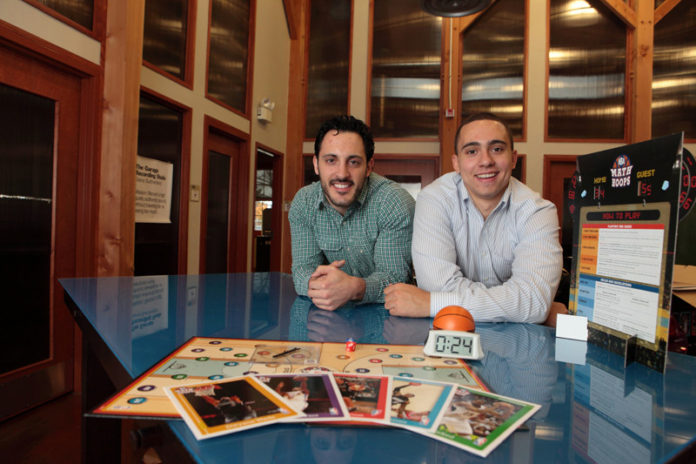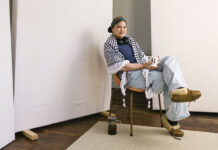
It is indisputable that the Internet, with its ever-expanding base and social media platform, is an important aspect of any marketing scheme. But a new study indicates that good old-fashioned networking in person is still valuable and vital to the success of both small- and new-business owners.
According to the August 2012 study commissioned by MOO.com, a Providence-based, online printing company specializing in business cards and business-related printing, in-person networking is more valuable to driving new revenue for small businesses than its online counterpart.
Small-business owners clearly see an economic impact due to networking, as nearly 90 percent reported it has resulted in “at least some” new business, and nearly one-third said it has brought “a lot” of new business to their company.
Of the small-business owners surveyed, 44 percent believe if they were to hand out 100 business cards it would generate a sum of $5,000 or more in new revenue.
The study was performed by Ipsos Observer of New York City, a global independent market-research company that specializes in advertising, marketing and media research. A sampling of 1,007 American respondents were interviewed between July 30-Aug. 8, 2012 for the study.
“It was an online survey of the general population of those 21 years old or older, those working that have a business card,” said Keita H. Williams of Atomic PR in New York City on behalf of MOO.com. “But there was also a subset specifically for small-business owners.”
“There were a lot of interesting questions asking how people use the social media, how they follow-up both in person and online, the impact of your presence in person and how you present yourself, even what people look for when networking. In effect it was a state-of-the-union of networking in general,” she said.
Among the findings:
• Seventy percent of those surveyed engage in online networking through the standard social media platforms such as Facebook and Twitter, but oddly, only half list their social network sites on their business cards; furthermore, only one-third find social media “very valuable” to their business.
• Physical appearance, 81 percent, and engaging conversation, 88 percent, were the most impactful aspects of networking in face-to-face meetings. The world becomes more digital by the second but such meetings cannot be replaced with a click of the mouse.
“The study speaks to the fact that it takes a multipronged approach to be successful; it does not say that social media isn’t important,” Williams said.
Larry Davidson, a principal at Kahn, Litwin, Renza & Co. Ltd. of Providence and co-chairman of the R.I. Small Business Plan Competition, endorses the multipronged approach. “As a person who has worked in the professional-services world for an entire career, business networking is part of the business,” he said. “It’s your opportunity to get out and meet with targeted companies that can help you. It can put you in direct communication with someone who may want your services. Equally important is that it can get you in touch with someone that that can give you a reference, someone that knows someone else.”
As co-chairman of the business-plan competition, Davidson helps coordinate several meetings with potential contestants and it’s not unusual to see existing and future entrepreneurs gathering to share information, advice and experiences. The ability to network in person can also indicate enthusiasm and the willingness to listen and learn.
“Social networking has a place in all of this,” Davidson said, “but meeting in person is equally important. You’ve got to do both. Online networking is a great way to get your name on someone else’s mailing list and theirs on yours. It also provides an opportunity to write something online that can get other people interested in what you have to say.”
As the CEO of the growing NBA Math Hoops in Providence, Khalil Fuller is finally reaping some of the benefits of his hard work – and networking. The nonprofit startup was among the winners of the October 2012 MassChallenge entrepreneurship competition. The company’s goal, partnered with the National Basketball Association, is to improve math literacy among urban youth by using an NBA basketball board game to make learning more interesting to students. NBA Math Hoops won $50,000 from the main competition and an additional $20,000 from the John W. Henry Family Foundation. Its initial testing proved so effective – 50 percent improvement – that it is currently in use in 400 schools.
Toymaker Hasbro Inc. of Pawtucket, educational innovator Big Picture Learning of Providence and the NBA are in negotiations with the company, a feat that speaks to Fuller’s networking and persistence.
“Forming those initial partnerships can be difficult, without a doubt. We had a little bit of a connection with the NBA but the entire process [of in-person networking] took a lot of time,” he said. •











